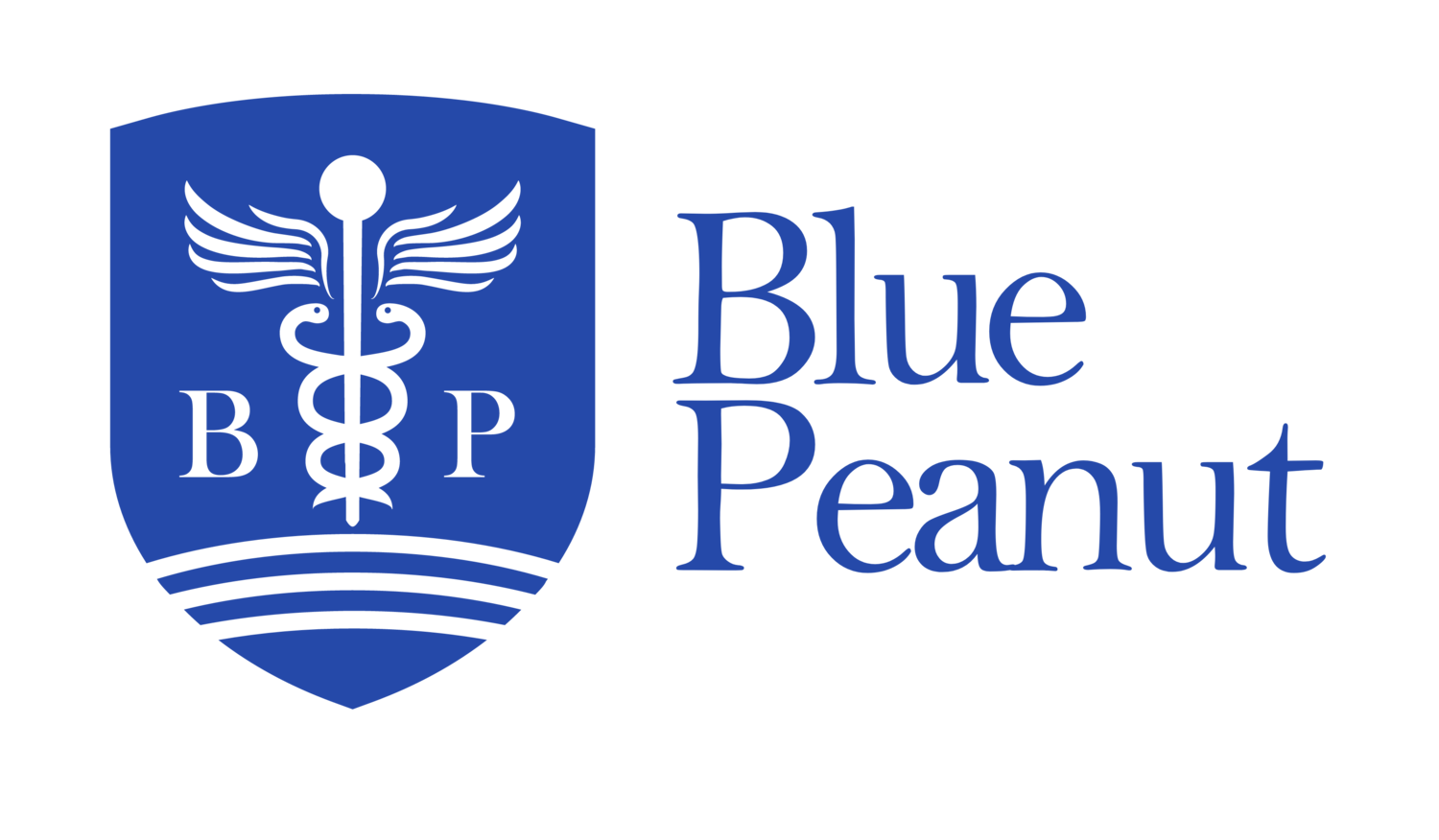Which A-level subjects should I choose if I want to become a doctor?
Which A-level subjects should I choose for a medical career?
In order to get a place at medical school, it is essential that you pick the right A-levels (or equivalent). You should be thinking about a combination that allows you the maximum choice of medical schools. This is important as unfortunately not every student gets a place in his or her preferred choice of medical school.
In addition, in recent years there are an increasing number of medical school places available through UCAS clearing. If you do not have any offers from medical school, yet get the required grades, you may still be able to have a second chance at application through clearing and you do not wish to be restricted if it comes to this.
Chemistry should be considered an essential subject and you should all choose this. There is evidence it is one of the better predictors for academic performance once at medical school. If you then choose biology, and then as a third subject either maths or physics, all medical schools should be open to you.
If you taken chemistry and biology, and do not take either physics or maths, then most medical schools should still be open to you. You might be asked in your interview why you picked the third subject, especially if it is not from a scientific discipline. I have taught medical students who have chosen art, history or a foreign language as a third subject. Note some medical schools appear to encourage a humanties or arts based third subject, but these are fewer.
Some universities insist if you don’t have a certain subject at A-level that you offer it at GCSE. Human biology and biology may not be considered separate subjects, as may be the case with Maths and Further Maths.
If you do not take biology, but take chemistry and one from maths or physics then there are less doors open to you.
Avoid subjects like critical thinking and citizenship studies. You may have read that these can help with the UKCAT exam. I don’t feel this is justified, as the UKCAT exam can be prepared for in other ways. We will post in future how to go about choosing a medical school.

